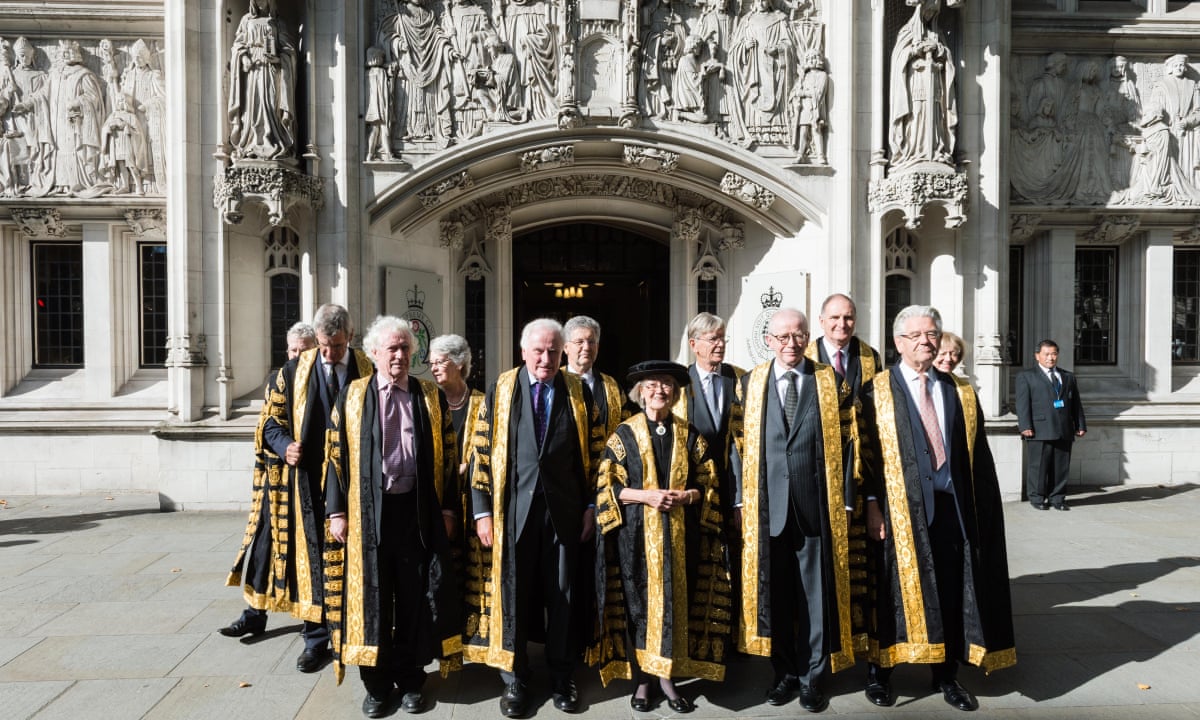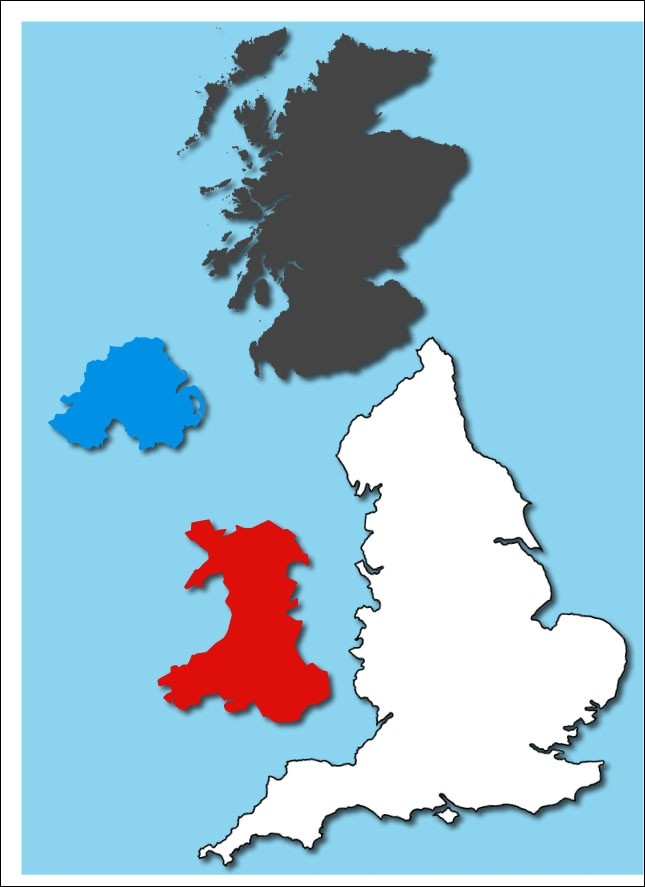The Human Rights Act

The 1998 Human Rights Act (HRA) incorporated the European Convention on Human Rights (ECHR) into UK law.
The freedoms included in the HRA include the freedom to life, to a fair trial, to express yourself freely and from discrimination, among many others. The ECHR requires states to hold free and fair elections, abolish the death penalty, preserve family life and give foreigners the same rights as all citizens in a state.
The HRA means that any public body cannot act in a way which breaks the convention and that the judiciary must make rulings which are compatible with it. The Supreme Court can strike down secondary legislation that is incompatible with the HRA, but for primary legislation they can only issue a ‘doctrine of incompatibility’ urging parliament to change the statue; this is due to the principle of parliamentary sovereignty.
The fundamental rights of all British citizens are very clearly laid out in a single document which is easily accessible. There was an 8x increase in the number of human rights cases bought to the Supreme Court after the act was passed.
Some Conservatives resent the European link that the HRA has and want to replace the act with a British Bill of Rights that defines certain rights more narrowly. Despite the HRA, it is still possible for the government to restrict the rights of some individuals:
- In 2005, the government introduced control orders, allowing the authorities to restrict the movement of suspected terrorists. In order to do this, they had to declare an exemption from Article 5 of the HRA for those who fall under suspicion.
2005 Constitutional Reform Act

The 2005 Constitutional Reform Act created a separate Supreme Court as the highest court of appeal in the UK. Before this, the UK’s senior judges sat in the House of Lords (known as the Law Lords).
This had three major effects:
- Separated the government and the judiciary
- Formed a Supreme Court
- Reformed the judicial appointment process
The Supreme Court was formed to replace the Law Lords as the UK’s highest court of appeal. This reform separated parliament from the judiciary.
Prior to the changes, senior judicial appointments were made by the Prime Minister and Lord Chancellor, who are political figures. The Act established a Judicial Appointments Committee (JAC) to appoint candidates based solely on their legal qualifications and ability. The government makes the final decision on appointments but they must then be approved by the JAC.
| Reforms were successful | – There is now a clear separation of the 3 branches of government which prevents abuse of power – The judiciary is physically and constitutionally separate from the executive and legislature allowing for greater judicial independence and strengthening rule of law |
| Reforms were not enough | – The Supreme Court is much weaker than its counterparts in most other liberal democracies. It cannot strike down legislation as that would weaken parliamentary sovereignty – The composition of the Supreme Court is not very diverse, however, neither is the group of well-qualified, experienced judges from which they have to choose from and is a problem in the judiciary as a whole |
Electoral Reform

Electoral reform has remained an important issue in UK politics for many years including around voting age and the electoral system.
New Labour introduced various forms of proportional representation for elections to the European Parliament, Scottish Parliament, Welsh and Northern Irish Assemblies. The Additional Member System (AMS) was introduced for the Welsh Assembly and Scottish Parliament elections. Single Transferable Vote (STV) was used for the Northern Irish Assembly Elections.
In 2011, a referendum was held on introducing an Alternative Vote (AV) system for general elections to Parliament at Westminster. The referendum rejected the proposals and therefore the First-Past-the-Post (FPTP) system remained.
The voting age for UK citizens is 18 for general elections. In the 2014 Scottish independence referendum, the voting age was lowered to 16 for the first time. Many have since called for the voting age to be lowered nationally to 16.



